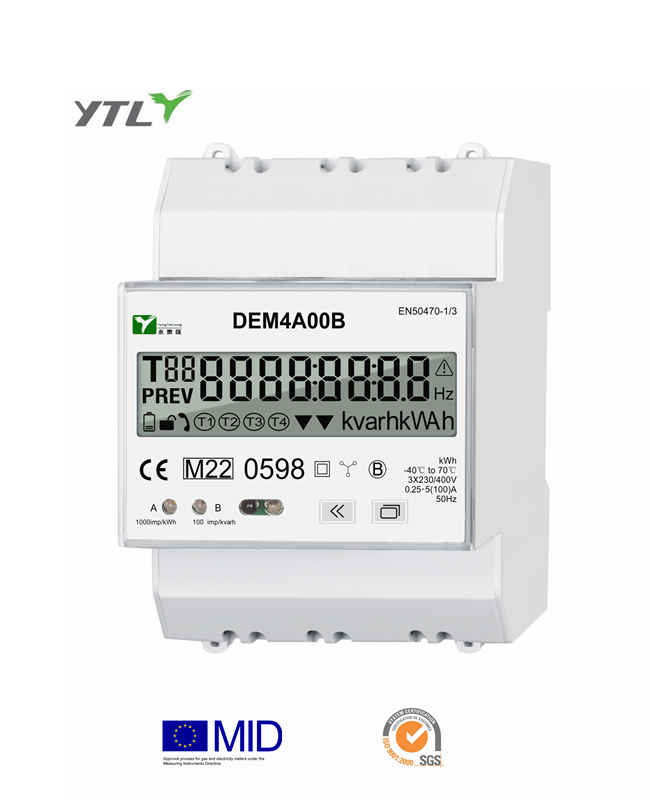Electricity meter is no longer only the function of electricity metering, with the development of technology and the continuous improvement of the demand for functional performance, the
energy meter is super in the direction of multi-function and intelligence. Demand, rate power, frozen power, event alarm, load control, two-way metering, two-way communication, prepayment, anti-tamper, etc, have become the regular functions of smart meters. The electronic meters have more and more functions and use more and more electronic components and higher integration, which require advanced manufacturing process to ensure the quality of the products.
Smart meters in the number of electronic components, SMT SMD welding quality directly affects the quality of the electricity meter energy meter factory. SMT SMD quality is not simply to control the SMD processing process, the operating environment is enough, you need to start from the reasonable design of the energy meter PCB board control; let's say the correctness of the device package, pad size rationality, etc,today with you to introduce the PCB board Mark point design When the main points.
YTL DEM4A 1000imp/kvarh DIN rail 3P 4W Multi Tariff AMI Watt hour meter
Mark point, also known as the reference point, provides a common measurable point for all steps in the assembly process, ensuring that each device used in the assembly can accurately position the circuit pattern. Therefore, Mark points are critical to SMT production.
1、Single board MARK, the location of all circuit features on a single board
2、Patchwork MARK, auxiliary positioning of all circuit features on the patchwork board
3、Local MARK is a reference point mark to locate individual components to improve mounting accuracy (QFP, CSP, BGA and other important components must have local MARK)
Mark point design requirements:
1、Mark point marking is required to be a solid circle.
2, a complete MARK point includes: mark point (or feature point) and open area.
3, Mark points are located on the board or combination of diagonal relative position and as far as possible distance apart . The best distribution in the longest diagonal position; In order to ensure the SMT placement accuracy requirements, each 1pcs PCB board must have at least a pair of design requirements for SMT machine recognition MARK point, that is, there must be a single board MARK (single board and assembled board, the board MARK position as shown in the figure below). The MARK or combination MARK only plays the role of auxiliary positioning; when assembling the board, the relative position of the MARK points of each single board must be the same. For any reason, the position of the MARK points on any single board can not be moved, resulting in the position of the MARK points on each single board is not symmetrical; all MARK points on the PCB can only be valid if they meet: two MARKs on the same diagonal and appear in pairs. Therefore, MARK points must appear in pairs in order to use.
4, the minimum diameter of the Mark point mark is 1.0mm, the maximum diameter is 3.0mm. Mark point mark in the same printed board size change can not exceed 25 microns; special emphasis: the same board number PCB all Mark points must be the same size.
5, Mark point (edge) from the edge of the printed board must be ≥ 5.0mm (placement machine machine clamping PCB minimum spacing requirements), and must be in the PCB board and not in the board edge, and meet the minimum Mark point openness requirements.
6, Mark point mark can be bare copper, clear anti-oxidation coating protection of bare copper, nickel or tin plating, or solder coating. If soldermask is used, it should not cover the Mark point or its open area. The surface flatness of the Mark point mark should be within 15 microns.
The best performance is achieved when there is a high contrast between the marker dots and the substrate material of the printed board. The background of the inner layer must be the same for all Mark dots.
As a manufacturer of energy meter, Yongtailong has summed up many requirements in the process of combining the design and manufacture of energy meter through more than 20 years of practical operation; through the standardization of such design requirements and process requirements, the quality of energy meter is guaranteed.

